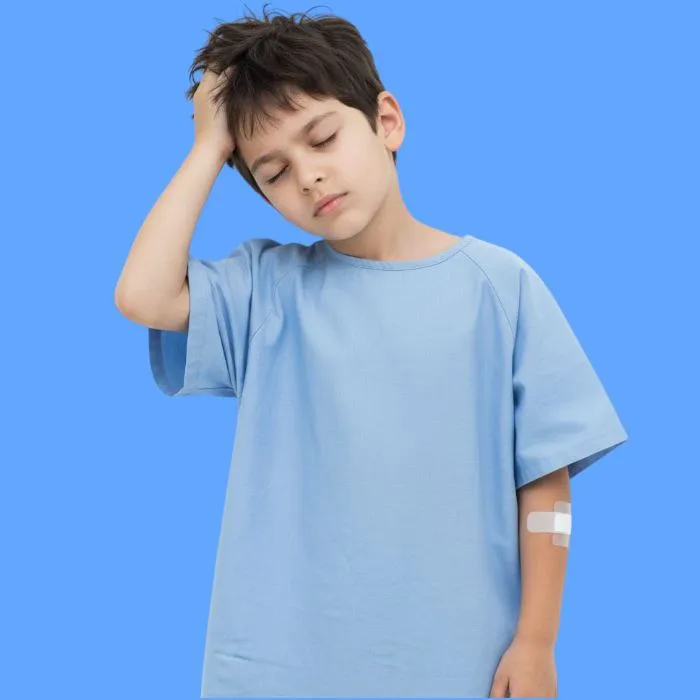What is Meningitis?
Meningitis is an inflammation of the thin membranes surrounding the brain and spinal cord. It is a serious illness requiring immediate medical attention, as delayed treatment can lead to complications affecting the nervous system.
Causes of Meningitis
The causes of meningitis vary and include viral, bacterial, and other infections. Some of the most common causes include:
- Bacterial infections caused by meningococci or Streptococcus pneumoniae.
- Viral infections affecting the respiratory system.
- Fungal infections in cases of severe immunodeficiency.
- Head injuries or brain surgery.
Symptoms of Meningitis
Symptoms appear suddenly and worsen within a few hours. Characteristic signs include:
- Severe headache that does not improve with painkillers.
- Stiff neck and difficulty moving the head.
- Fever and chills.
- Altered mental status or extreme sensitivity to light.
How Meningitis is Diagnosed
The disease is diagnosed through several precise tests to determine the cause and type of infection, such as:
- Clinical examination to assess neurological symptoms.
- Analysis of cerebrospinal fluid (CSF) after taking a lumbar puncture.
- Blood tests to detect bacteria or viruses.
- CT scan or MRI of the brain.
Treatment of Meningitis

Treatment for meningitis depends on the type of causative agent and the speed of intervention. Common treatment methods include:
- Strong antibiotics in cases of bacterial infection.
- Antiviral medications in cases of viral infection.
- Fever reducers and pain relievers to alleviate symptoms.
- Intravenous fluids to maintain hydration and vital functions.
When to See a Doctor?
You should see a doctor immediately if you experience a severe headache accompanied by a stiff neck and high fever, especially if these symptoms are accompanied by altered mental status or sensitivity to light. These signs may indicate meningitis, which requires immediate medical attention.
Tips for Preventing the Disease
You can reduce your risk of infection by following simple preventive measures that protect the nervous system, such as:
- Getting vaccinated against the bacteria that cause the disease.
- Wash your hands frequently to avoid infection.
- Avoid sharing personal items with others.
- Strengthen your immunity through a healthy diet and sufficient sleep.
Frequently Asked Questions
Is meningitis contagious?
Yes, some types are contagious and can be transmitted through respiratory droplets or direct contact with an infected person.
Can meningitis be completely cured?
Yes, with early and appropriate treatment, a full recovery is possible without lasting effects.
What is the difference between viral and bacterial meningitis?
Bacterial meningitis is more dangerous and requires immediate antibiotics, while viral meningitis often resolves spontaneously within a short period.
Can meningitis cause death?
Yes, it can be fatal if not treated quickly and correctly.
Article Summary
Meningitis is a serious neurological disease that requires prompt diagnosis and treatment to avoid complications.
Awareness of early symptoms and adherence to vaccination schedules contribute to prevention and protection from this disease, which can be life-threatening if left untreated.